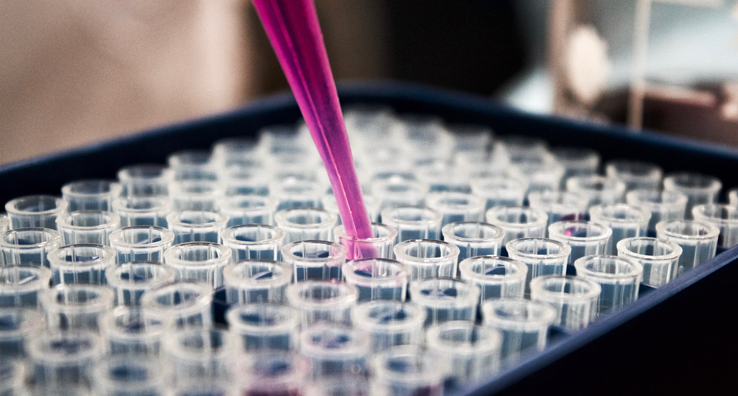Protein forced degradation or stressed studies to identify degradation routes and potential degradation species, helping to establish the CQAs of the protein therapeutic
Protein forced degradation studies are an integral part of biopharmaceutical development. Understanding potential degradation routes through forced or stressed studies is an important factor in establishing the Critical Quality Attributes (CQAs) for a protein therapeutic. This ensures that the optimal quality control strategy is in place to monitor the continued efficacy and safety of the drug product. Not understanding this pathway could lead to failure in identifying pertinent degradation products that impact the safety and/or efficacy of the product and thus need to be controlled during product release.
Our forced degradation or stressed studies are aimed at obtaining meaningful data about the degradation mechanisms and identification of potential degradation species. A range of stress conditions can be applied to the drug substance or drug product during forced degradation. Typical stress methods include: elevated temperatures, freeze-thawing, mechanical stress, oxidation, light, as well as exposure to the various materials and devices used in drug delivery. Whilst the requirements of stability testing are defined in regulatory guidelines, the standard procedures for forced degradation of therapeutic proteins are largely unavailable, except for guidance for photostability testing.
Intertek's biopharmaceutical scientists provide stressed stability packages tailored to the protein of interest, in order to identify appropriate stress conditions and recommendations for setting up forced degradation studies for the different phases of development. Forced degradation studies are available to support early stages of development and more comprehensive packages are available to support the late phase development.
Typical stress conditions can include:
• Elevated temperature
• Freeze-thaw cycles
• Mechanical stress
• Photostability testing according to ICH
• pH stress
• Forced oxidation
• Forced deamidation
• Shipment studies
• In-use stability studies
• Compatibility studies with various materials and drug delivery systems
Bringing quality and safety to life, our Total Quality Assurance expertise is delivered consistently to help you ensure the optimum meet and exceed your quality, safety and efficacy requirements. Our thought-leaders have over 20 years’ experience in biopharmaceutical development support across a wide range of product types including proteins, monoclonal antibodies, vaccines, PEGylated proteins, antibody drug conjugates, peptides, cytokines (e.g., interferons), oligonucleotides, glycoproteins and biosimilars. With broad capabilities in North America and Europe, our experts provide strong scientific and technical leadership coupled with project management and regulatory support, to drive your development and manufacturing programs forward.
Related Biopharmaceutical and Protein Analysis Services


